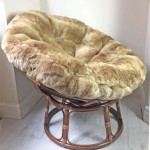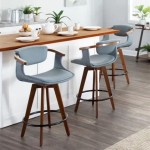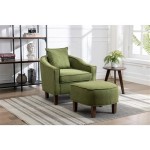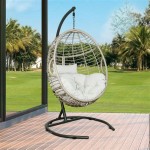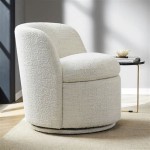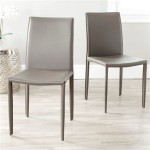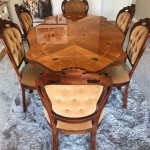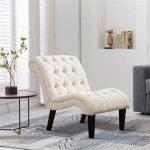Best Wood For Adirondack Chairs
Adirondack chairs are a classic outdoor seating option, known for their comfortable, sloped backs and wide armrests. The best wood for Adirondack chairs is one that is durable, weather-resistant, and comfortable to sit on. There are a few different types of wood that meet these criteria, each with its own unique advantages and disadvantages.
Teak is a high-quality wood that is known for its durability and weather resistance. Teak is also a naturally oily wood, which makes it resistant to rot and decay. Adirondack chairs made from teak are typically more expensive than chairs made from other types of wood, but they will last longer and require less maintenance.
Redwood is another durable and weather-resistant wood that is a good choice for Adirondack chairs. Redwood is a softwood, which makes it more comfortable to sit on than some other types of wood. Redwood chairs are also relatively affordable, making them a good value for the price.
Cedar is a softwood that is known for its natural resistance to rot and decay. Cedar is also a lightweight wood, which makes it easy to move around. Adirondack chairs made from cedar are typically less expensive than chairs made from teak or redwood, but they may not last as long.
Cypress is a durable and weather-resistant wood that is a good choice for Adirondack chairs in coastal areas. Cypress is naturally resistant to rot and decay, and it can withstand the harsh conditions of salt water and sand. Adirondack chairs made from cypress are typically more expensive than chairs made from other types of wood, but they will last longer and require less maintenance.
When choosing the best wood for Adirondack chairs, it is important to consider the climate in which the chairs will be used, the desired level of comfort, and the budget. With a little research, you can find the perfect wood for your Adirondack chairs that will provide years of enjoyment.
Here is a summary of the pros and cons of each type of wood for Adirondack chairs:
Teak- Pros: Durable, weather-resistant, naturally oily, resistant to rot and decay
- Cons: Expensive
- Pros: Durable, weather-resistant, softwood, comfortable to sit on, relatively affordable
- Cons: May not be as durable as teak
- Pros: Natural resistance to rot and decay, lightweight, easy to move around, less expensive than teak or redwood
- Cons: May not last as long as teak or redwood
- Pros: Durable, weather-resistant, naturally resistant to rot and decay, can withstand harsh conditions of salt water and sand
- Cons: Expensive

Ultimate Guide Choosing The Best Wood For Adirondack Chair Lue Bona

How To Finish Adirondack Chair Exterior Woodworker S Journal

The Best Wood For Adirondack Chair What Type Of Is Charming Bench Company

How To Choose The Best Adirondack Chair For Your Outdoor Space Neighbor

How To Build A Diy Adirondack Chair The Home

9 Best Adirondack Chairs The Strategist

Modern Adirondack Chairs Teak Aspen Chair

How To Build A Diy Adirondack Chair Modern Design

Wooden Double Royal Adirondack Chair

Idaho Adirondack Chair
